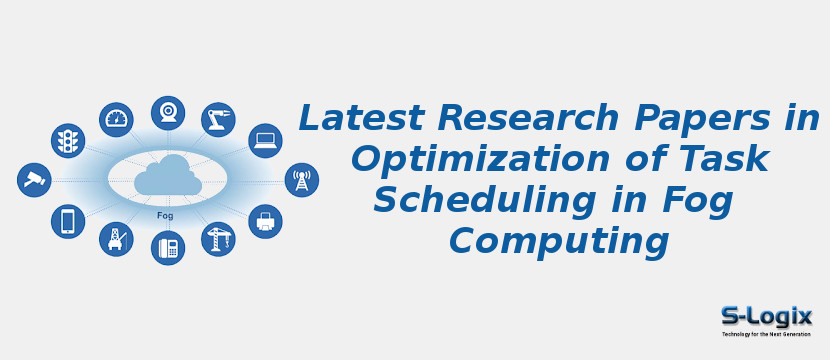Optimization of task scheduling in fog computing is a critical research area that focuses on developing strategies to efficiently assign computational tasks to fog nodes, edge devices, and cloud resources while optimizing performance metrics such as latency, energy consumption, resource utilization, and Quality of Service (QoS). Research papers in this domain explore static, dynamic, and adaptive task scheduling approaches, leveraging heuristic algorithms, metaheuristic techniques, mathematical optimization models, and machine learning—including reinforcement learning and predictive analytics—for intelligent, context-aware scheduling decisions. Studies highlight multi-objective optimization frameworks that balance conflicting requirements such as minimizing execution time while reducing energy consumption or operational costs. Recent works also investigate multi-tier fog–edge–cloud architectures, incorporating task migration, workload prediction, and service replication to enhance scalability, fault tolerance, and service continuity. Security- and privacy-aware scheduling frameworks are increasingly emphasized to ensure sensitive data is protected during task execution and migration. Applications span smart healthcare, autonomous vehicles, industrial IoT, smart cities, and latency-sensitive multimedia services. Overall, research in optimization of task scheduling in fog computing enables adaptive, efficient, and reliable workload management, ensuring high performance, energy efficiency, and resilient operation in next-generation distributed computing environments.
